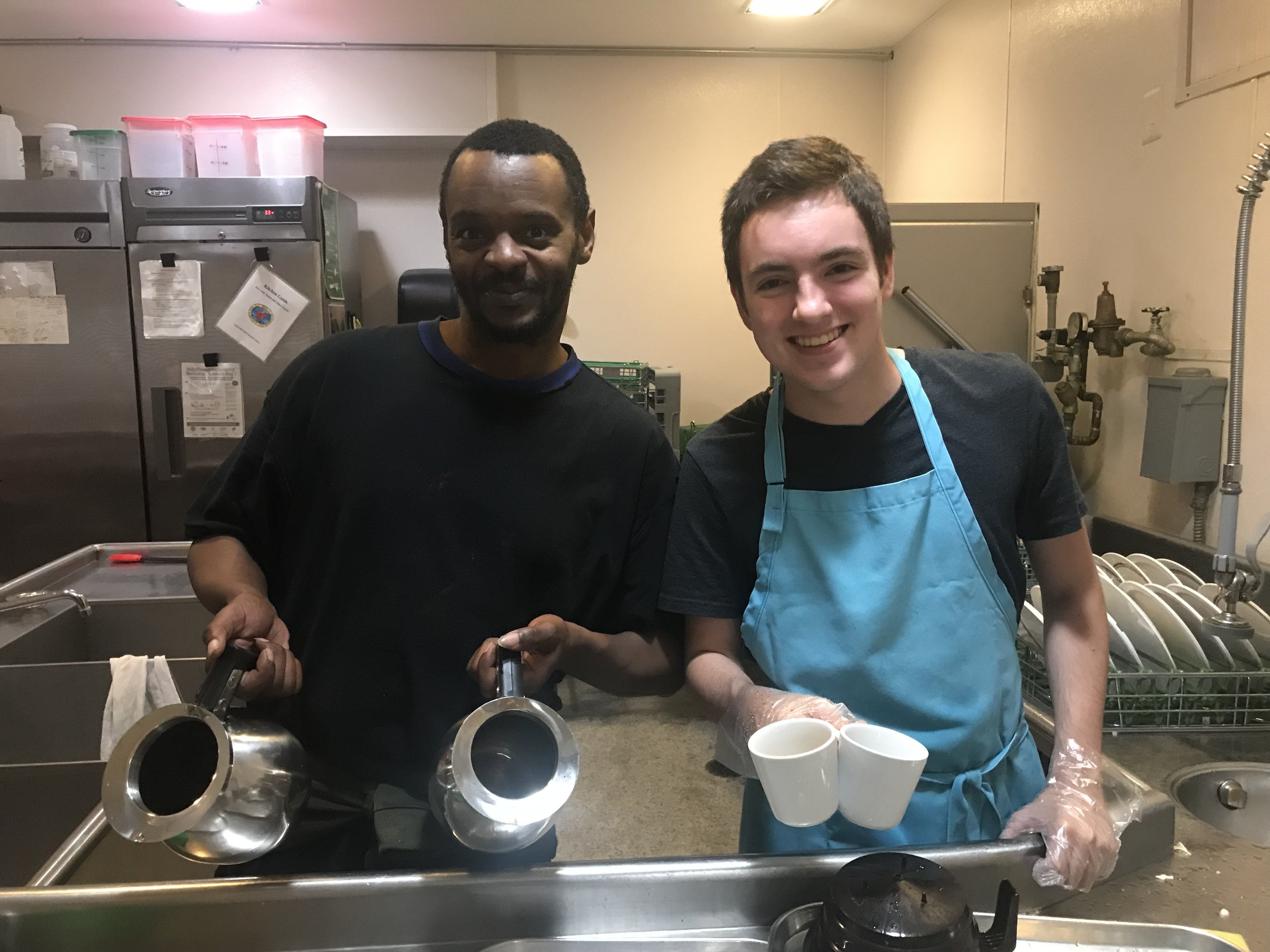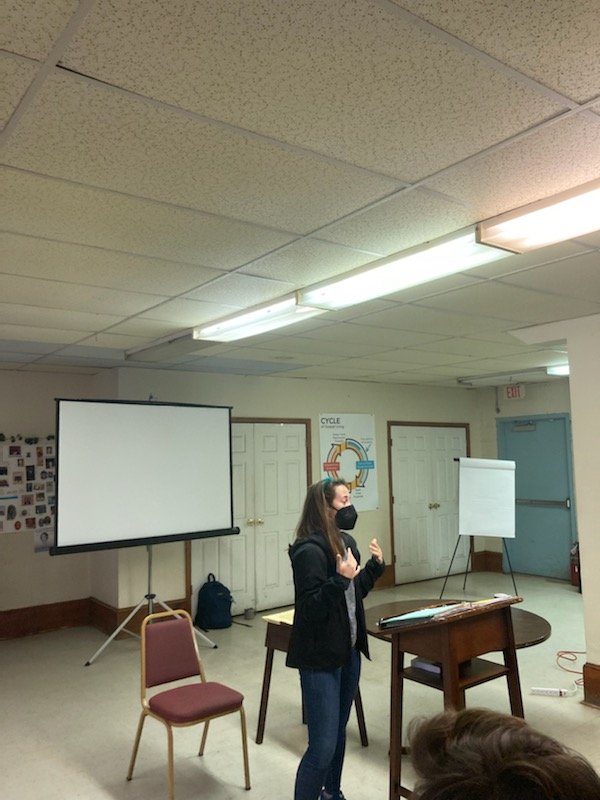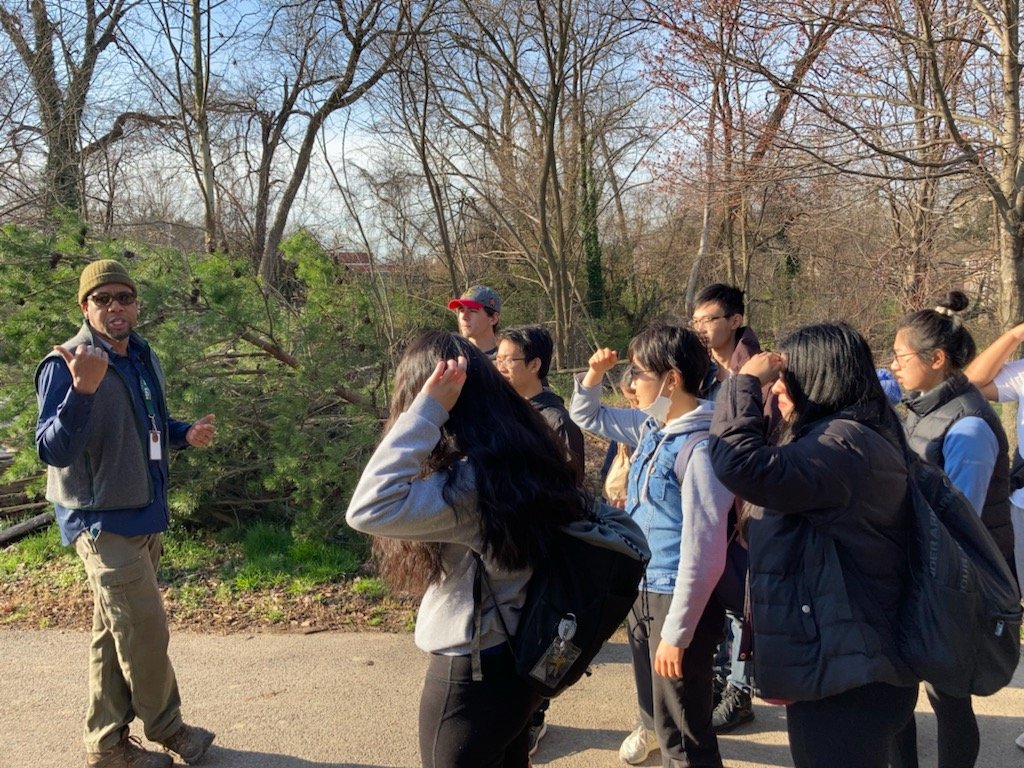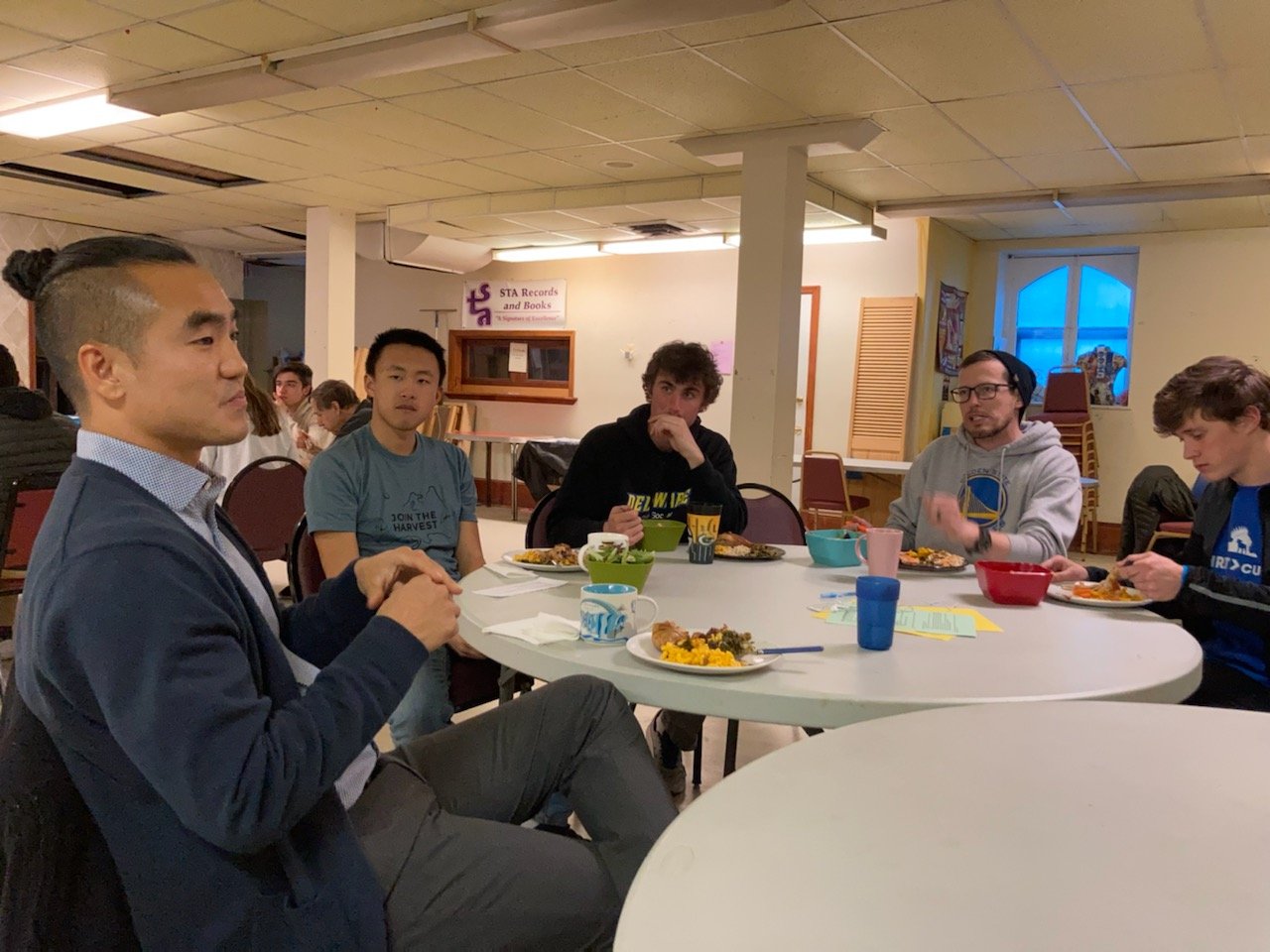What We Teach
Relational service as well as physical service:
We teach students a fuller vision of a servant’s heart that honors Jesus and people of the communities we visit.
Tangible, physical service is helpful for our partners and always appreciated (James 2). However, being intentional to treat people with respect, dignity, and kindness is paramount. We prioritize training students in relational skills to engage strangers, honor community elders, and express gratitude. We call this relational service and believe, especially given the history of programs like ours and the missions movement from Western church models, our ability to “do” any physical service is only as good as the respect for human dignity that undergirds our efforts.
Students return to campus with soberness about how Christian mission has harmed in the past and a passion to intentionally communicate respect and dignity as vital pieces of God-honoring witness and evangelism.
Being good visitors:
We guide students into a humble recognition that we come as visitors to the communities that host us for a spring break or a summer.
For some students, these communities are very similar to where or how they grew up, for others they will be unfamiliar. We draw from Luke 10 and Jesus’ sending of the disciples to train students how to practically be good visitors, embracing the vulnerability of being new, receiving what’s given to them, and expressing appreciation. We recognize our presence is temporary and seek to do ministry always in partnership to be able to “hand-off” any relationships we make to longer-term ministers in the community.
Students return to campus with a vision for humble evangelism that centers others rather than their own needs. They embrace a willingness to be vulnerable and uncomfortable so that others would meet Jesus on their own turf.
Importance of both deconstruction and kingdom imagination:
We recognize growth in faith for young adults often involves questioning and rethinking what’s been taught at home, church, or by the culture growing up.
The western church has a history of harming BIPOC people and doing injustice in ways that must be unlearned personally and collectively. We encourage this type of healthy wrestling and laying aside thoughts and practices that are ungodly. With the unlearning and shedding, we also seek to expose students to creative ways that Jesus-followers are doing much good in the world. Jesus is our guide for out-of-the-box forms of ministry and engaging the powers and injustice. We will also meet people in a variety of careers and be exposed to how following Jesus has led them through their own faith journeys. We will train students in how to seek Jesus for how they might contribute in unique, empowering ways to kingdom work for good.
Students return to campus prepared to continue the life-long practice of wrestling with God and not being conformed to the patterns of this world (Romans 12:1) and alongside others, seeking to create the kind of church and community they’d love to be a part of.
Ethnic identity development and racial justice:
We teach that ethnic identity is good and a gift from God, as seen in scripture.
Human sin has twisted God’s design and created a hierarchy in order to harm some and elevate others. We teach that uprooting racism includes understanding one’s own ethnic or racial identity as well as engaging issues at the group/societal level. We will guide students through reflection, discussion, and scripture study to better understand their own ethnic identity and family history and how this identity shapes their worldview and life experience. Students will have opportunities to engage with people of similar and different ethnic identities throughout the program. In our summer programs students will have mentorship by a person of their same racial/ethnic background. Training and teaching will challenge students to see the broader history and embeddedness of racism in the United States context. We will help students begin or continue the kingdom work of rooting out racism personally and systemically.
Students return to campus able to articulate how their ethnic identity has shaped them in helpful and unhelpful ways for kingdom service. Students will also have some tools to begin unrooting racism in themselves or in their communities.
Spiritual practices to sustain a life of Jesus-centered justice-seeking and kingdom hope:
We will teach students several spiritual disciplines or practices to help them lean on Jesus and prayer as the fuel for their justice engagement.
We will center worship practices and forms during our programs that are familiar to and relevant to our host communities as we learn spiritual resilience in an embodied way from our communities. Spiritual practices we will engage include: intercessory prayer, scripture study, lament, sabbath rest, ministry of presence, hospitality, joy and celebration, spiritual friendships, and personal devotional life development.
Students return to campus with new or renewed spiritual practices to sustain their life with God and love of neighbor.




